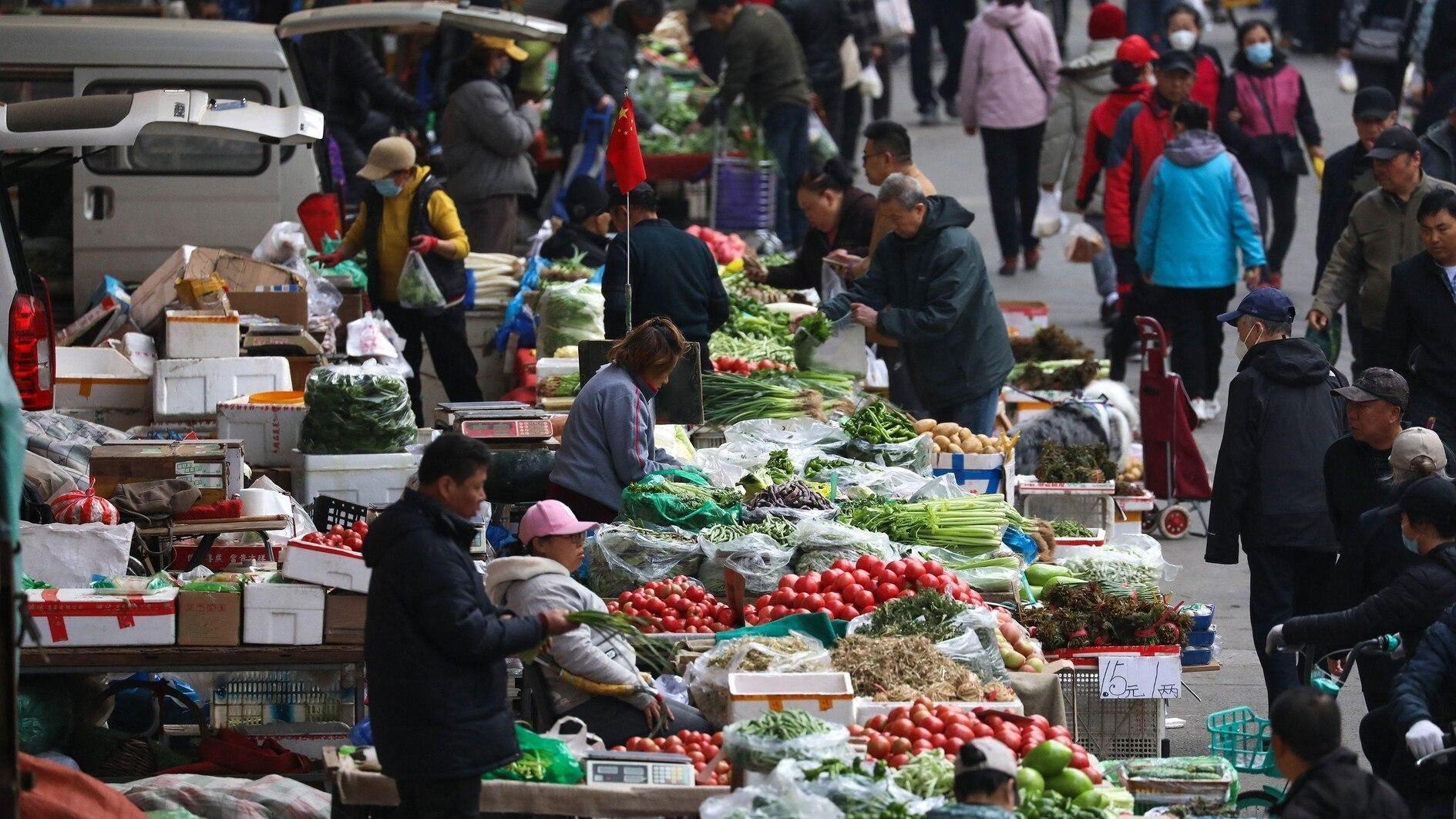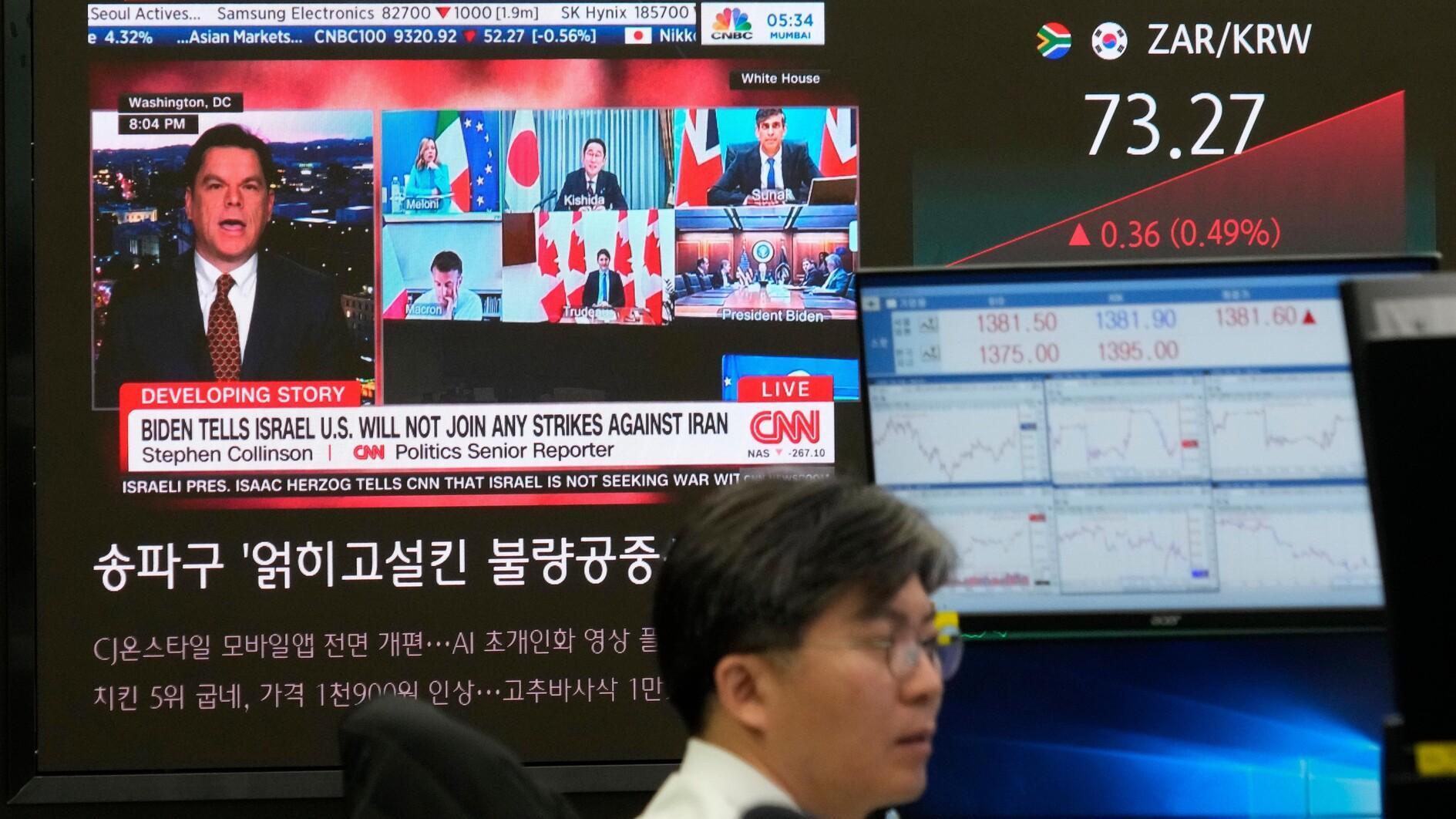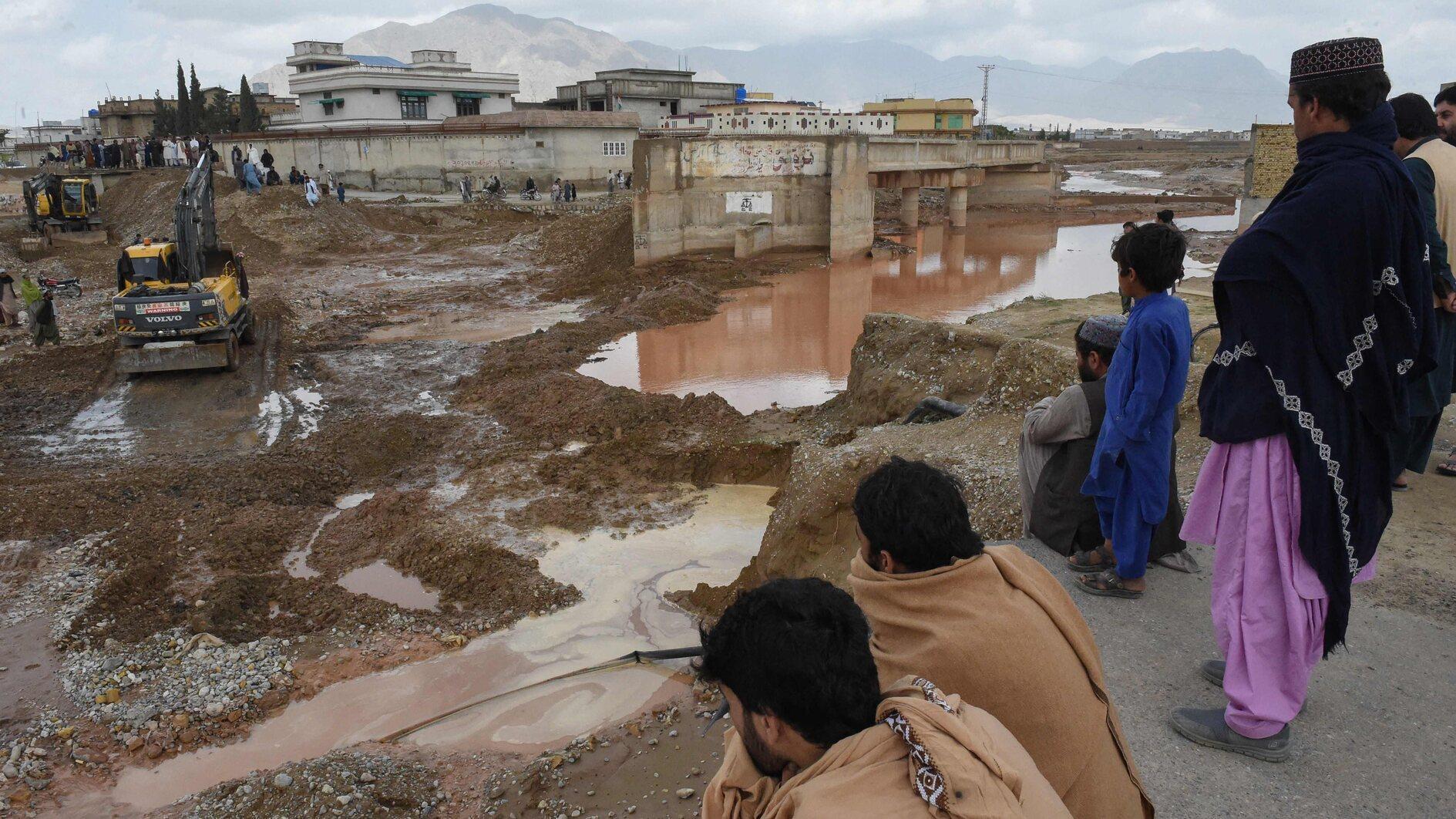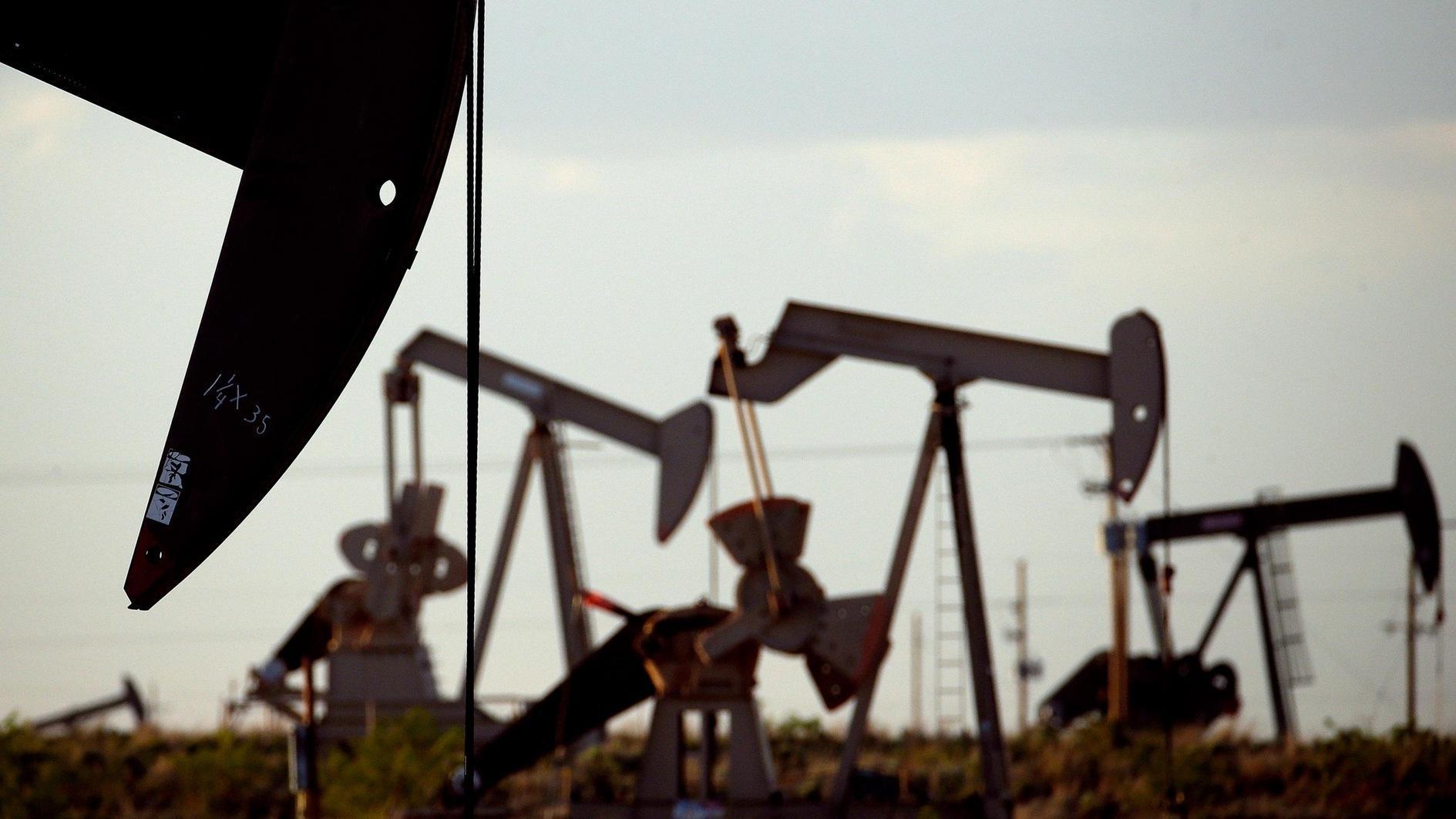Trump, Erdoğan to meet next week, discuss case of ex-Turkish minister
ANKARA
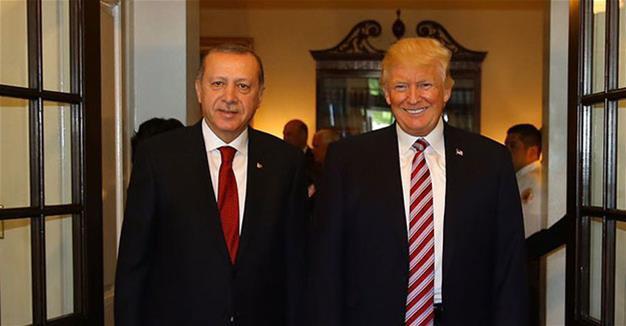 President Recep Tayyip Erdoğan and U.S. President Donald Trump will meet on Sept. 21 on the sidelines of the United Nations General Assembly in New York and discuss the case of a former Turkish minister, according to Erdoğan.
President Recep Tayyip Erdoğan and U.S. President Donald Trump will meet on Sept. 21 on the sidelines of the United Nations General Assembly in New York and discuss the case of a former Turkish minister, according to Erdoğan. Erdoğan said on Sept. 15 that he would discuss with Trump next week the case of former Turkish Economy Minister Zafer Çağlayan indicted in the United States for conspiring to violate U.S. sanctions on Iran.
Çağlayan and former Halkbank general manager Süleyman Aslan were charged on Sept. 13 with conspiring to violate U.S. sanctions on Iran by illegally moving hundreds of millions of dollars through the U.S. financial system on Tehran’s behalf. Çağlayan was also charged with taking bribes in cash and jewelry worth tens of millions of dollars.
“There are truly some problematic issues regarding this period, and the wrongful steps taken by those under President Trump are evidently casting a shadow on Trump’s administration. I don’t think this should be allowed,” Erdoğan said in an interview with private broadcaster A Haber.
Last week Erdoğan said he had told Washington that Turkey had never agreed to comply with its sanctions on Iran, and called on the United States to review the indictment. He also said Trump had called him and vowed to follow the case more closely.
The U.S. indictment in question broadened a case targeting Turkish-Iranian businessman Reza Zarrab, who is still in prison in the U.S.
Zarrab was the prime suspect in a corruption and bribery probe involving former Turkish officials that went public late in December, 2013. He was accused of being the ringleader of a money laundering and gold smuggling ring in Turkey that circumvented the U.S. sanctions on Iran.
The charges were dismissed after prosecutors investigating the case were accused by the ruling Justice and Development Party (AKP) and then-Prime Minister Erdoğan of plotting against the government and were removed from their posts.
Çağlayan and three other former cabinet members - EU Minister Egemen Bağış, Interior Minister Muammer Güler and Urban Planning Minister Erdoğan Bayraktar - were suspects in the probe before their cases were dropped.
Erdoğan and the AKP accused the followers of the U.S.-based Islamic preacher Fethullah Gülen of using the case to plot against the government.
Many Gülenist suspects, including the 2013 probe’s prosecutor Zekeriya Öz, fled Turkey after the failed coup attempt in July, 2016.
Relations between Washington and NATO ally Turkey, an important partner in tackling the Syrian conflict, have become more strained following last year’s failed coup attempt in Turkey.
Ankara is seeking - so far without success - the extradition of Gülen, widely believed to have been masterminded the July 15, 2016, thwarted coup.
Erdoğan will travel to the United States on Sept. 17 for the U.N. General Assembly with many other topics on his agenda for his meeting with Trump.
Another issue that the two leaders are planning to discuss is a separate indictment against Erdoğan’s security personnel who are accused of attacking demonstrators during Erdoğan’s visit to Washington in the spring.
A grand jury on Aug. 29 indicted 19 people, including 15 Turkish security officials, in connection with a brawl in Washington between protesters and Erdoğan’s security personnel in May, U.S. prosecutors said.
Eleven people were hurt in what Washington’s police chief described as a “brutal attack” on peaceful protesters outside the Turkish ambassador’s residence.
The incident, which took place after Erdoğan met with Trump at the White House, put further stress on already strained U.S.-Turkey relations.
The Turkish Embassy has blamed the violence on demonstrators linked to the outlawed Kurdistan Workers Party (PKK), which Turkey and the United States consider a terrorist group.
During the interview on Sept. 15, Erdoğan said that the PKK cooperated with the Fethullahist Terrorist Organization (FETÖ) during his visit to the U.S. in May.
“My guards couldn’t have stayed with their hands tied. The U.S. police didn’t act to disperse those gathered there. Then we saw that detention warrants were issued,” Erdoğan said, adding that the issue “is once again linked to FETÖ.”
The situation in Syria will likely be a topic of conversation between the two leaders, as the U.S.’s policies in the war-torn country have become the greatest problem between the two NATO allies due to the U.S. supporting the Democratic Union Party (PYD) and its armed wing Peoples’ Protection Units (YPG) in the fight against the Islamic State of Iraq and the Levant (ISIL).
Turkey says the YPG is linked to the PKK and calls on its allies to cease cooperating with the group.


